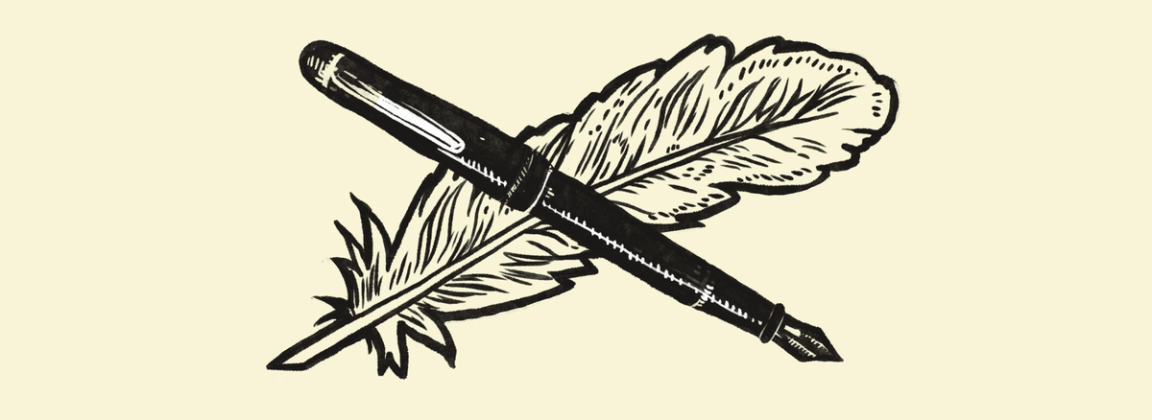 Greg Wilchris runs @PopulismUpdates on Twitter. For the past year, Tunisia’s President Kais Saied has been consolidating power. A year ago, he dismissed the government and froze the country’s parliament, carrying out what is known as a self-coup, then cemented power through legal changes. Tunisia has long been held up as a rare democratic success story from the 2011 Middle East uprisings, but Saied’s moves have driven the country’s major parties, who refuse to accept December’s vote as legitimate, to boycott the election altogether. Boycotts are a common opposition tactic, aimed at de-legitimizing autocratic regimes. But do they work? Steven Levitsky, an expert on democratization and autocracy, argues that the strategy is flawed. Contesting even rigged elections can both amplify and highlight the government’s authoritarian conduct, which may then elicit more international attention and pressure. By forcing authoritarians to feign competition, Levitsky says, the opposition might create opportunities to catch them off guard. And sometimes, oppositions can even win. For Tunisia, a boycott could merely accelerate the country’s transition into a virtual one-party state. In an era of democratic backsliding, the lessons learned here may hold global implications. | 












